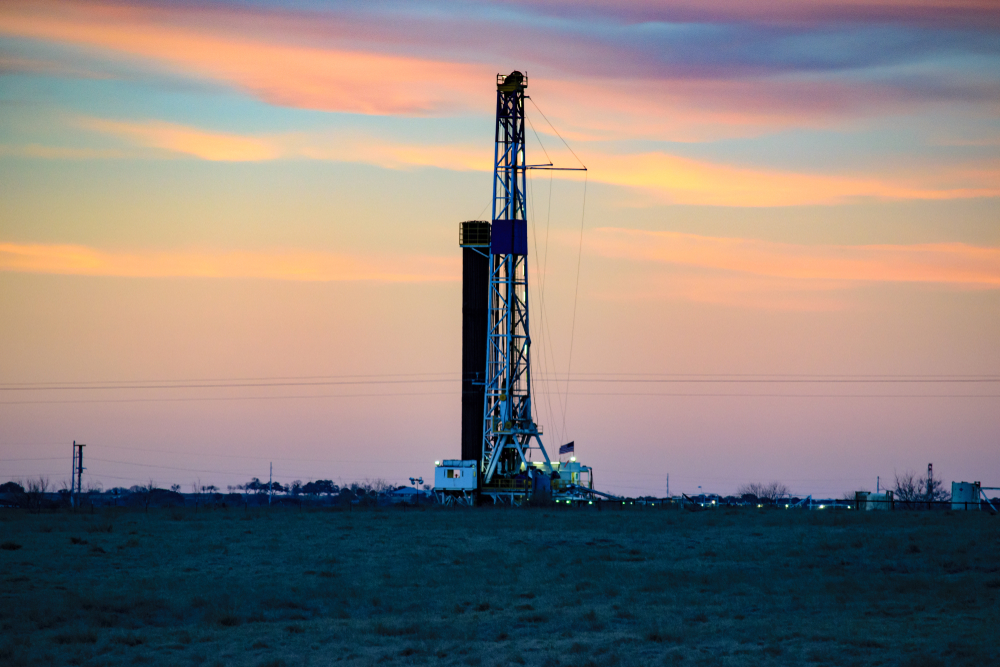
The American Petroleum Institute (API) released on Feb. 27 an economic analysis of the impact of a ban on federal leasing and hydraulic fracturing.
According to the analysis, a ban on federal leasing and fracking on public and private lands would result in the loss of 7.5 million American jobs in 2022, lead to a cumulative GDP loss of $7.1 trillion by 2030, reduce household incomes by $5,400 annually, raise household energy costs by more than $600 per year and reduce farm incomes by 43 percent as a result of increased energy costs.
The study also found that the ban would lead to the United States importing more than 40 percent of its supply of oil and petroleum products by 2030.
“If I told you about a technology that would help the environment, that would help American consumers, would reduce our trade deficit and increase American jobs, I think most politicians would jump on that, not try to ban it,” API President and CEO Mike Sommers said. “American families should be shocked to hear proposals from candidates for high office that would ban this transformative technology, which would erase a generation of American progress and return us to the days of heavy reliance on foreign energy. There is perhaps no better example that points to the stark contrast we see today in the debate over America’s energy future.”
According to the analysis, on average, residential natural gas prices would increase by 58 percent, and electricity prices would increase by 20 percent annually.
Economic modeling firm OnLocation, Inc. developed the study based on the U.S. Energy Information Administration’s National Energy Modeling System (NF-NEMS)
“You can’t eliminate the very technology that has enabled the American energy revolution without damaging economic consequences,” Lessly Goudarzi, founder and CEO of OnLocation, Inc., said. “As our analysis shows, assuming a full ban on fracking would threaten a U.S. recession and force American consumers to rely more on foreign energy rather than energy produced here in the U.S.”